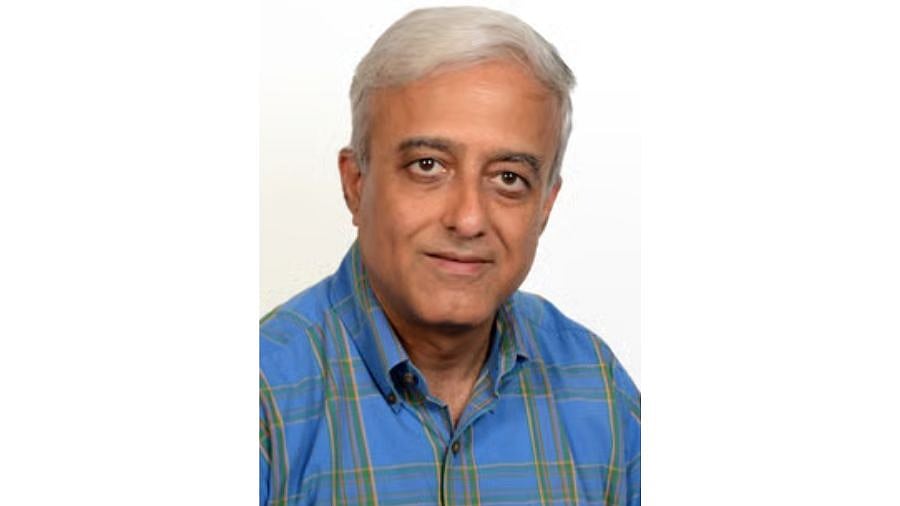
Dr Roop Gursahani.
Credit: DH Photo
Bengaluru: The ‘Good To Go — Death Literacy Festival’, slated for this weekend, confronts what most people avoid — open conversations about end-of-life planning and patient autonomy.
Advance Care Planning (ACP) is already established in the UK, Australia, Singapore, Taiwan and the US, and is now finding takers in India.
The Advance Care Planning Collective is one of the teams behind the two-day festival in Bengaluru. DH spoke to its cofounder, Dr Roop Gursahani, consultant neurologist who’s part of the ‘dying with dignity’ movement in India.
ACP is the process by which individuals discuss and set their preferences for future medical care, in case they are unable to make decisions later. This can range from withdrawing a ventilator at a certain stage to choosing to donate organs.
The first step in ACP is appointing a healthcare representative.
According to Dr Gursahani, an immediate family member (parent, spouse or sibling) typically becomes the default or surrogate decision maker. But with no legal framework in India, this can lead to conflicts. It gets more complicated when relationships are strained, and when the individual belongs to the LGBTQIA+ community and lacks family support.
"As a workaround, we recommend designating a healthcare representative, whether from within the family or outside it,” he says. Up to three can be named in the order of preference.
The second step is drafting an Advance Medical Directive (AMD). Also called a living will, it is a quasi-legal document that outlines a person’s medical care preferences.
In 2018, the Supreme Court recognised AMD, and in 2023, it modified guidelines to ease the process. But Dr Gursahani flags a caveat: “Judgements are not laws. Unless we have laws that make AMDs enforceable, we are still in a grey zone.”
He explains: “No one can be treated against their wishes. So an awake, alert, aware patient can refuse even life-saving treatment, risking death. However, when the patient cannot communicate, it is the AMD that speaks for them. But a doctor still has the final discretion of accepting or refusing the AMD.”
Public awareness is necessary so that citizens can push policymakers to make the living will legally binding, he adds.
Dr Gursahani says end-of-life planning can begin across three phases.
The first is for healthy individuals who want to prepare for sudden, severe brain damage. The second is for those in their 50s and 60s diagnosed with early-stage chronic illnesses, like kidney failure or cancer. The third is for those likely in their final years, such as patients with lung or heart failure.
Despite death and dying being taboo topics, India is increasingly embracing the end-of-life conversation, he notes. The Living Will Information Counter at the Government Medical College Hospital in Kollam, and the Living Will Clinic at Mumbai’s P D Hinduja Hospital, where Dr Gursahani works, have seen significant turnouts from patients and families.
He believes rural India will be even more receptive, since people there are more practical about medical costs and life’s finality. “In cities, we become disconnected from death; seeing it as something that happens in hospitals, behind ICU walls. In rural areas, many die at home,” he says.
Event details
The event will be held on Saturday and Sunday at the Bangalore International Centre, Domlur. For details, visit @goodtogo_deathliteracy on Instagram.